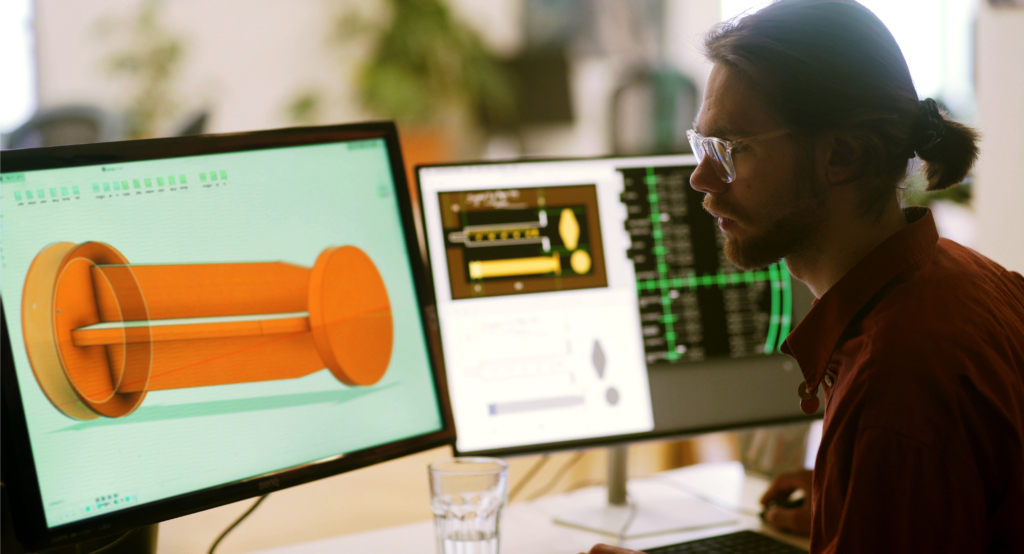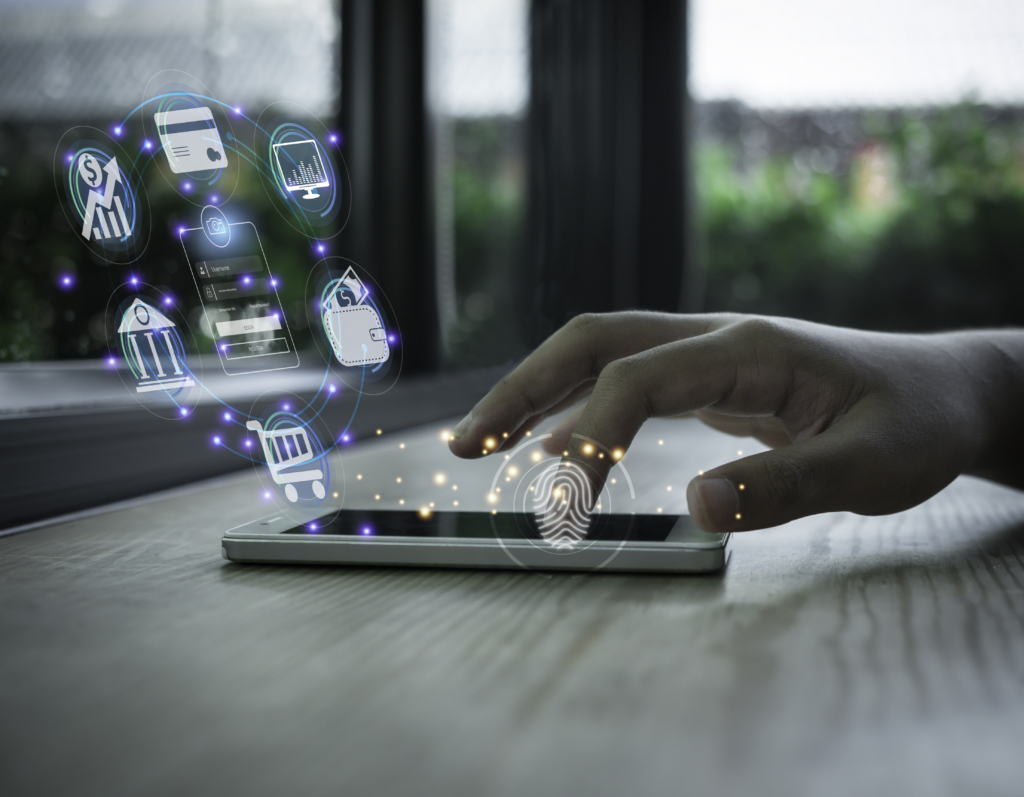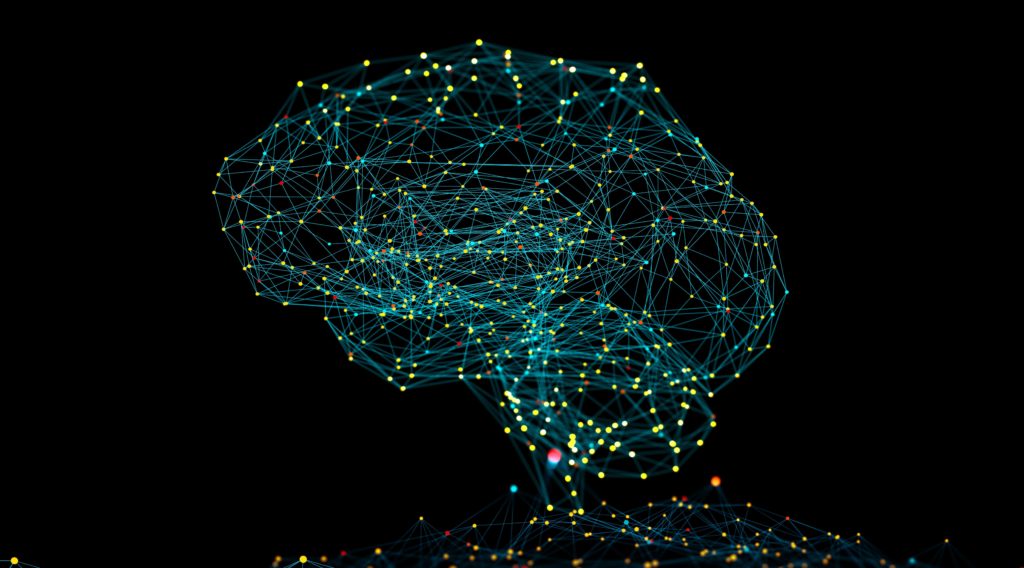Article
The Progression of AI: A Technology for Enhancing Productivity

For the past several years, data has been the primary driver behind business growth. Understanding how consumers behave, why they make the decisions they do, and how to use that information to improve marketing is key to a business’s success.
To say that AI will be able to improve our ability to interpret and utilize data is a vast understatement. Currently, data analysis is done by a person reasoning through data, an automated program that provides us with concise information, or some combination of the two. The big leap with AI is the emergence of software that can perform both tasks as a simultaneous process: automated reasoning.
AI is already playing an important role in many of our interactions with technology, from simple assistants like Siri to machine learning algorithms that can predict consumer trends and generative AI, which is taking the world by storm. However, the biggest effects of artificial intelligence are yet to be felt. Every day, leading computer scientists from around the world are working on teaching computer programs how to learn. As computers become better students of the world around them, their contributions to us as individuals and businesses will be nearly limitless.
Data Analysis and Decision Making
Human decision making is greatly weakened by our inherent bias; while our age, past experiences, and personal beliefs give us a unique and valuable perspective, often times this clouds human judgment when making decisions by leading us to be overly confident or brash. An AI, on the other hand, is able to make decisions based purely on reasoning, leading to smarter and more effective choices.
Our decision-making capabilities can also become hindered when under stress or facing a large number of variables. As a result, we hone in on only a few pieces of the puzzle, miss important data, and in some cases, make irrational decisions. Because AI can’t experience stress, it can consider every variable simultaneously and choose the best path.
Another area where AI or other computer automation provides value is repetitive work. A person may tire or get bored and lose focus, but that is not an issue that AI has.
While AI can make better judgment calls than we can in theory, there are human factors that an AI won’t be able to account for; as such, it’s more likely that in the near future AI will be used to provide advice when making a decision, rather than removing the human from the equation altogether.
Accomplishing Business and Marketing Tasks More Efficiently
There are many areas where AI can improve business performance. For instance, predictive lead scoring can benefit not only from AI’s data analysis capabilities but also from its ability to learn. Along with processing a large amount of data in a short amount of time, AI can be trained to view and interpret data based on a business’s unique needs.
Companies like Google are already using AI to improve search engine optimization through machine learning. By analyzing what people search and what they’re drawn to, AI can provide marketers with information on how to bring in more customers and drive traffic to a product.
Retailers can employ similar SEO-focused AI on their own sites. For example, if you are browsing Amazon and search for a specific product, an SEO AI could use your past Amazon search history to better suggest products suited to your specific taste, making online marketing more personal and less “one size fits all.”
AI assistants can be deployed in retail stores to help consumers find products and answer questions, becoming more effective with each product suggestion as it learns from its interactions. One such example is Pepper, a friendly automaton that can improve the shopping experience for customers. In one use case, Pepper was found to increase customer interactions with the store by 98% and improve revenue by 300%.
Personal Assistants
Smart speakers like Google Home, Apple HomePod, and Amazon Echo are becoming increasingly popular. A reported 8 million people owned an Amazon Echo product in 2017, which was a 60% increase over the previous year.
AI assistants, while helpful for just about everyone, will be especially important for the elderly and disabled. These assistants can help individuals with everyday tasks like ordering groceries, locking doors, turning on lights, texting and calling others, and more. As the technology continues to advance, benefits created by AI for the elderly will increase.
The day where our homes are just as smart as our phones is approaching quickly. Already there are AI apps like Chefling that make cooking easier by giving you control of your groceries, recipes, and pantry with only your voice. Companies like Samsung are also working on smart appliances, which give you the ability to manage your fridge, stove, washer, and dryer through an assistant.

Advanced Medicine
Babylon Health’s “AI Doctor” beat a human doctor on a medical exam in June of 2018. This not only demonstrates the ability of AI to help doctors diagnose patients more quickly but also how they can detect symptoms and problems that a human doctor might miss.
BioMind is a similar AI doctor that specializes in detecting brain tumors. It is faster and more accurate than traditional methods, leading to fewer complicated surgeries and higher survival rates for patients.
Surely, we can see that the next big wave of AI will transform our lives forever. It’s not a matter of if, but when it will happen. Though a lot of work still needs to be done for AI to fully understand complex reasoning, we will soon start seeing more advanced personal assistants impact our lives within the next few years.









